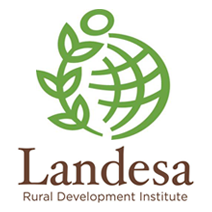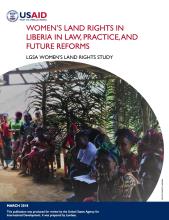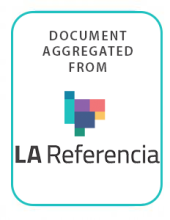Land Library Search
Through our robust search engine, you can search for any item of the over 73,000 highly curated resources in the Land Library.
If you would like to find an overview of what is possible, feel free to peruse the Search Guide.
/ library resources
Showing items 1 through 9 of 38.This guide takes communities and their leaders, and 'ocal and national civil society organisations, through the steps needed to ensure that land investments in the community are carried out inclusively and responsibly.
The Social License Platform (SLP) matches businesses with the services and expertise they need to ensure that investments in agricultural land create growth opportunities for both business and local communities, while respecting the land rights of the communities that use the land.
The Landassess Tool is a risk assessment and management framework. It provides a clear and simple set of checklists that generate a report to help companies assess and manage how they respect land rights.
This primer on monitoring and evaluation (M&E) offers a brief explanation of what M&E is, why it is important and what common best practices are associated with it, all in the context of supporting the implementation of a socially responsible land-based investment.
Land is the most important asset for many rural Liberian women and men, and is often a family’s primary source of cash income, food and nutritional security, health care, and education.
Resumen La violencia armada en Colombia obliga a las personas a abandonar su territorio para salvaguardar la vida.
This article explains how the family productive strategies of farmer settlers and their perceptions of the forest influence the rate of deforestation.
La investigación rastrea el impacto del conflicto armado en los medios de vida de la población del corregimiento de Tutunendo en el municipio de Quibdó, departamento del Chocó.
Resumen La presente investigación tiene como propósito analizar el modo en que la política habitacional de incentivo a la demanda impulsada por PRO.CRE.AR incide en los procesos de expansión urbana, analizando los rasgos principales de la integración urbana: aspectos urbanos, ambientales y normat






